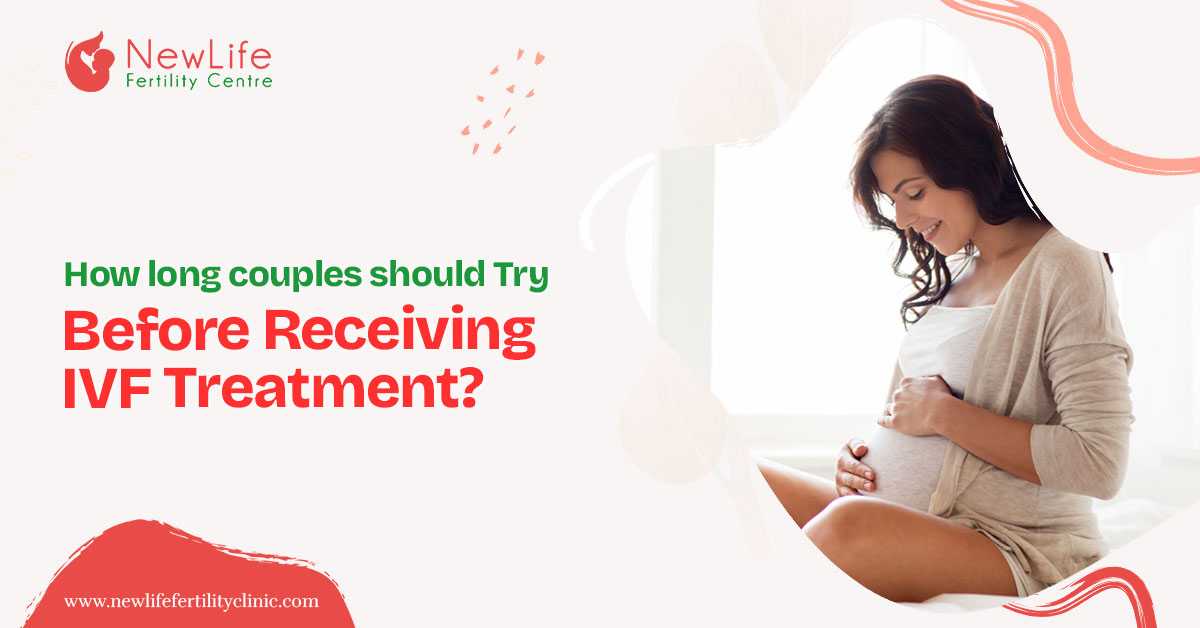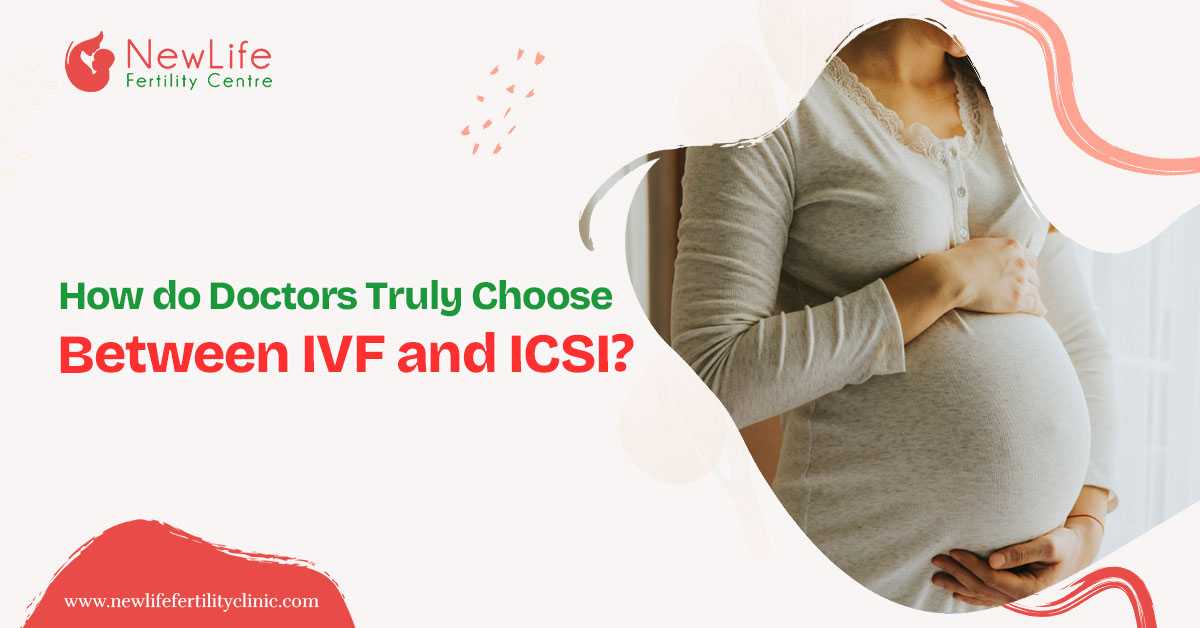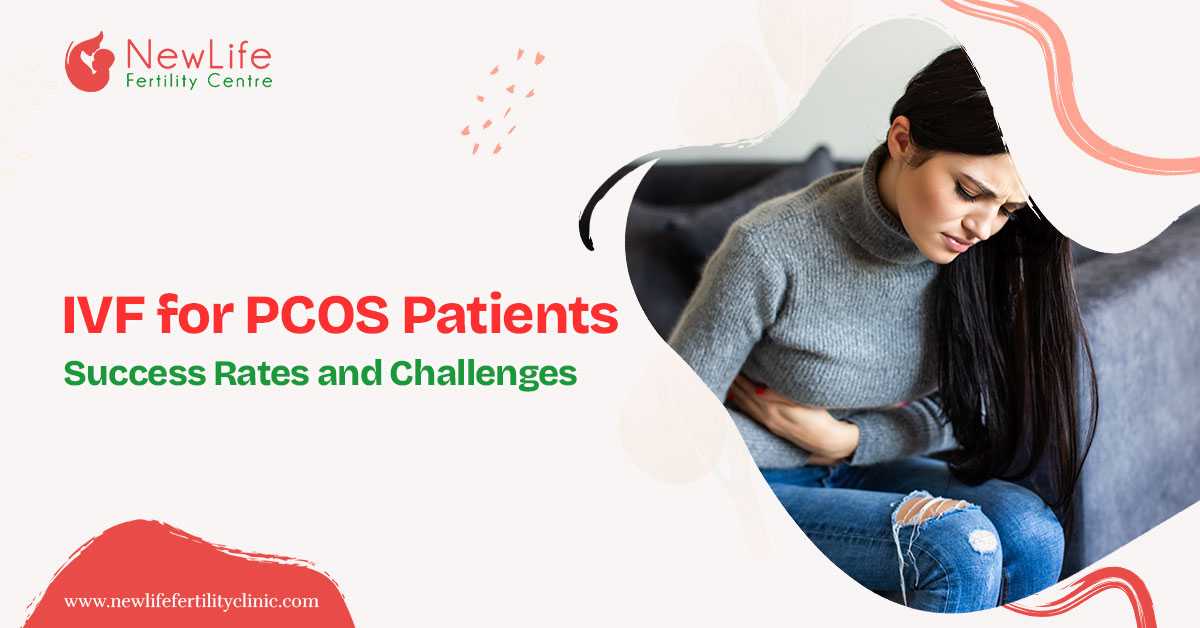Trying to start a family is one of life’s most exciting journeys, but for some women, it comes with unexpected challenges. Many factors influence fertility, from age and medical conditions to genetics. But lifestyle habits, things we often don’t even think about, can also play a huge role. The good news is that small changes can make a big difference.
If you’re concerned about your reproductive health or facing difficulties in conceiving, speaking with an infertility specialist in Siliguri can provide the guidance and support you need. Understanding which everyday habits could be harming fertility is an important first step in taking control of your journey toward parenthood.
Here’s a closer look at eight habits that can harm female fertility and some practical tips on how to address them.
1. Kick the Habit: How Smoking Harms Fertility
Smoking is more than just a bad habit; it can directly affect your chances of getting pregnant. The chemicals in cigarettes can harm your ovaries and reduce the quality of your eggs, making it harder to conceive. Research even shows that women who smoke may experience menopause earlier than non-smokers and face more difficulties when trying to have a baby.
It’s not just active smoking that’s harmful; secondhand smoke can also impact reproductive health, increasing the risk of miscarriage and pregnancy complications.
Tip: Quitting smoking doesn’t just improve fertility; it boosts your overall health, too. If going cold turkey feels daunting, you can try nicotine replacement options, join support groups, or seek guidance from a counselor. The sooner you quit, the faster your body can start recovering and creating a healthier environment for conception.
2. Excessive Alcohol Consumption
Many people don’t realize that alcohol affects more than just the liver. Regular or heavy alcohol intake can disrupt hormone levels and interfere with ovulation. It can also reduce the quality of your eggs and increase the risk of miscarriage or birth defects once you do conceive.
Even occasional drinking can impact your body’s hormonal balance, especially if you’re trying to conceive.
Tip: If you’re planning a pregnancy, it’s safest to limit alcohol or avoid it completely. Switching to non-alcoholic beverages, herbal teas, or mocktails can make this easier and still allow you to enjoy social occasions.
3. Poor Diet and Nutritional Deficiencies
Your diet has a direct impact on fertility. Nutrient deficiencies, such as folic acid, iron, vitamin D, and B12, can cause hormonal imbalances, ovulation problems, and other reproductive issues. On the flip side, diets high in processed foods, sugar, and unhealthy fats can contribute to inflammation, weight problems, and conditions like polycystic ovary syndrome (PCOS), which affect fertility.
Eating a well-balanced diet rich in fruits, vegetables, whole grains, and lean proteins is crucial. Certain nutrients, like omega-3 fatty acids from fish or flax seeds, support egg health, while antioxidants from colorful fruits and vegetables protect your eggs from damage.
Tip: Consider consulting a nutritionist who specializes in fertility. Even small improvements in diet, like swapping processed snacks for nuts and seeds or adding leafy greens to meals, can improve reproductive health over time.
4. Being Overweight or Underweight
Your body weight plays a major role in fertility. Being significantly overweight can lead to hormonal imbalances, insulin resistance, and irregular ovulation, making it harder to conceive. On the other hand, being underweight can disrupt menstrual cycles and lower estrogen levels, which are essential for ovulation.
Maintaining a healthy weight isn’t about looking a certain way; it’s about ensuring your body has the right environment for conception.
Tip: Aim for gradual, sustainable weight changes rather than crash diets or extreme exercise. Even a 5–10% change in body weight can improve hormonal balance and fertility outcomes. Regular exercise combined with a nutritious diet is the safest approach.
5. Excessive Caffeine Intake
For many women, caffeine is a daily necessity. But consuming too much, more than two or three cups of coffee per day, can negatively affect fertility. High caffeine intake has been linked to delayed conception and may even increase the risk of miscarriage.
Tip: Try replacing one or two cups of coffee with decaf or herbal teas. Even small reductions can help maintain hormonal balance and support reproductive health.
6. Stress and Its Hidden Impact on Fertility
Life can get hectic, and stress is something almost everyone experiences. But when stress becomes constant and overwhelming, it can actually interfere with your reproductive system. High stress levels can affect hormone balance, disrupt menstrual cycles, and even prevent ovulation in some cases, making it harder to conceive.
Tip: You can take small steps to manage stress and give your body a better environment for conception. Simple daily practices like yoga, meditation, deep-breathing exercises, or journaling can make a noticeable difference. Even just a few minutes of quiet time each day to focus on yourself, relax, and recharge can help restore hormonal balance and support your fertility journey.
7. Lack of Physical Activity or Over-Exercising
A sedentary lifestyle can contribute to weight gain, hormonal imbalances, and decreased fertility. On the other hand, excessively high-intensity exercise without adequate rest can also disrupt ovulation.
Tip: Aim for moderate, regular activity. Walking, swimming, cycling, or light strength training can improve circulation, support hormone balance, and promote a healthy weight, all of which enhance fertility. The key is balance: too little or too much exercise can both be harmful.
8. Exposure to Environmental Toxins
We live in a world full of chemicals, and some of them can harm fertility. Pesticides, heavy metals, BPA (found in plastics), and certain household cleaning products can disrupt hormones and affect reproductive health.
Tip: Reduce exposure where possible. Choose organic foods, store food in glass or stainless steel containers, and read product labels carefully. Even small adjustments, like avoiding plastic bottles for hot liquids or using natural cleaning products, can help protect your reproductive system.
Conclusion
Fertility can be affected by many small habits we often overlook. By making healthier choices, like eating well, managing stress, staying active, and avoiding smoking or excessive alcohol, you can give your body the best chance to conceive. If you need guidance, an infertility specialist at Newlife Fertility Clinic can help you take the right steps toward parenthood.
Comments (0)






